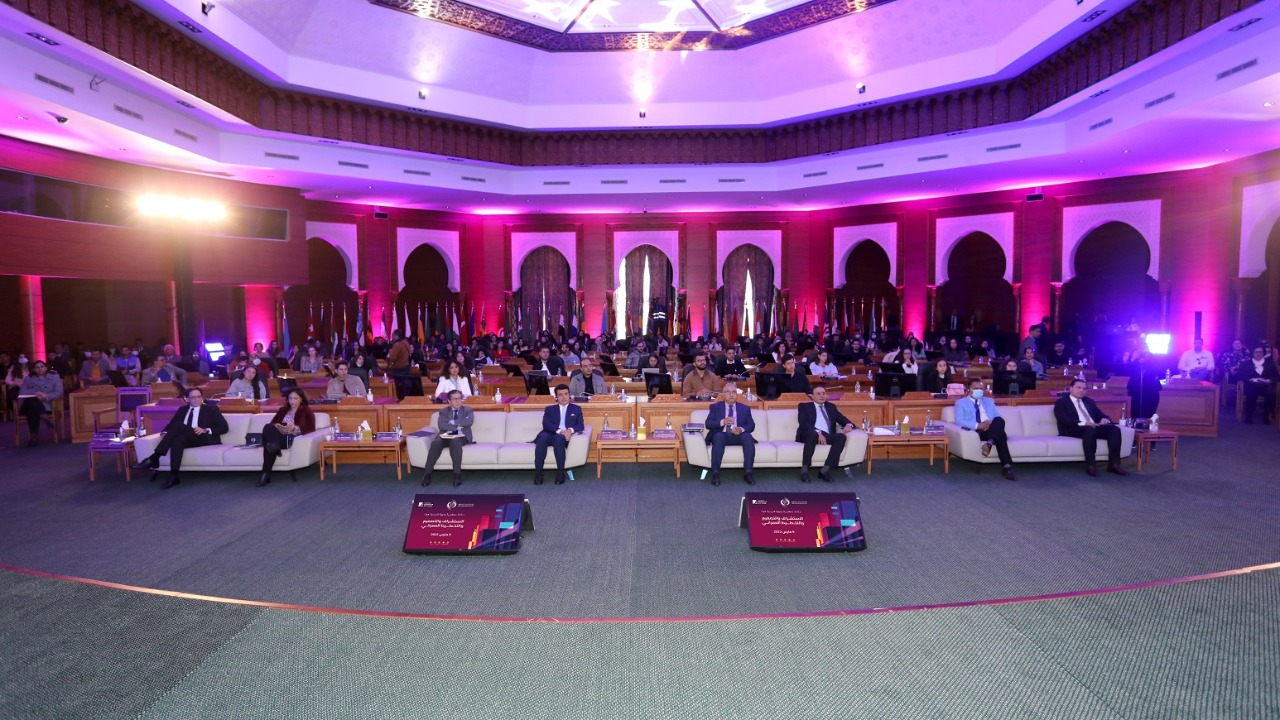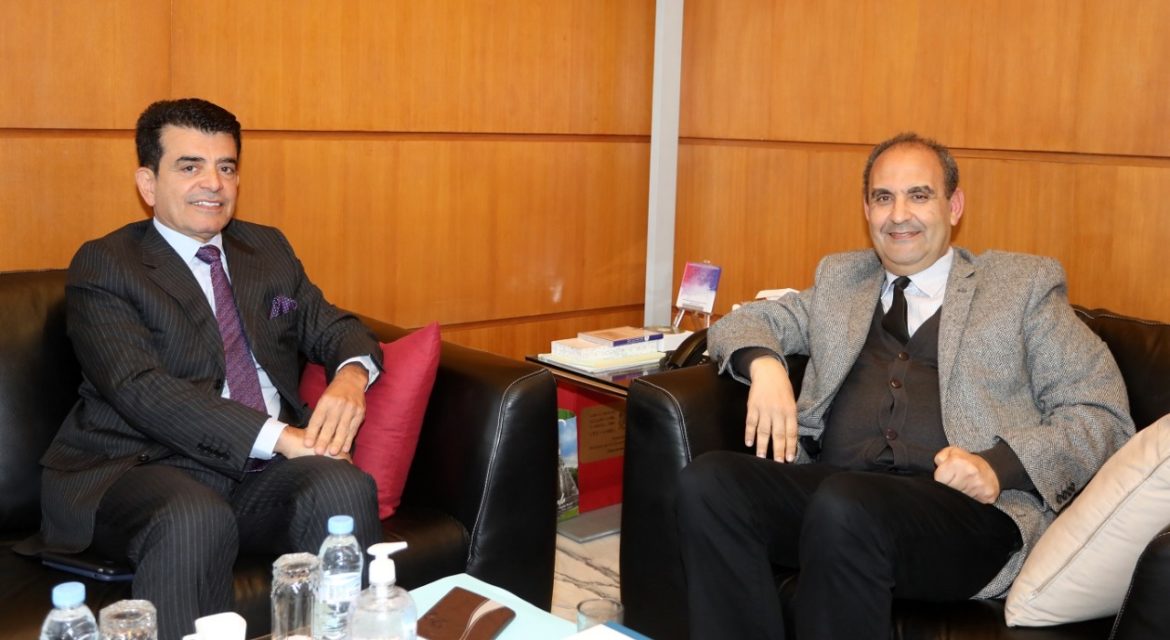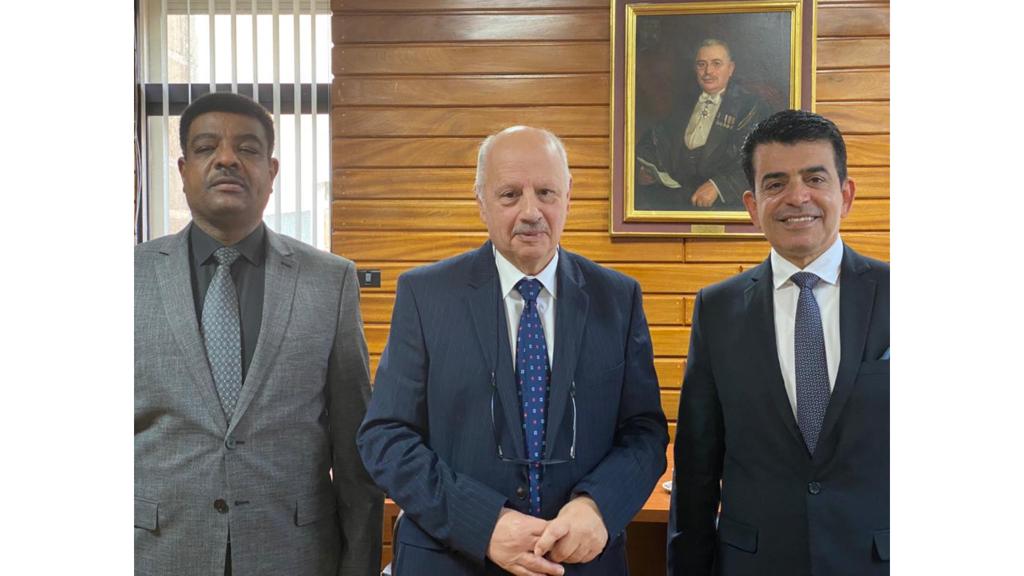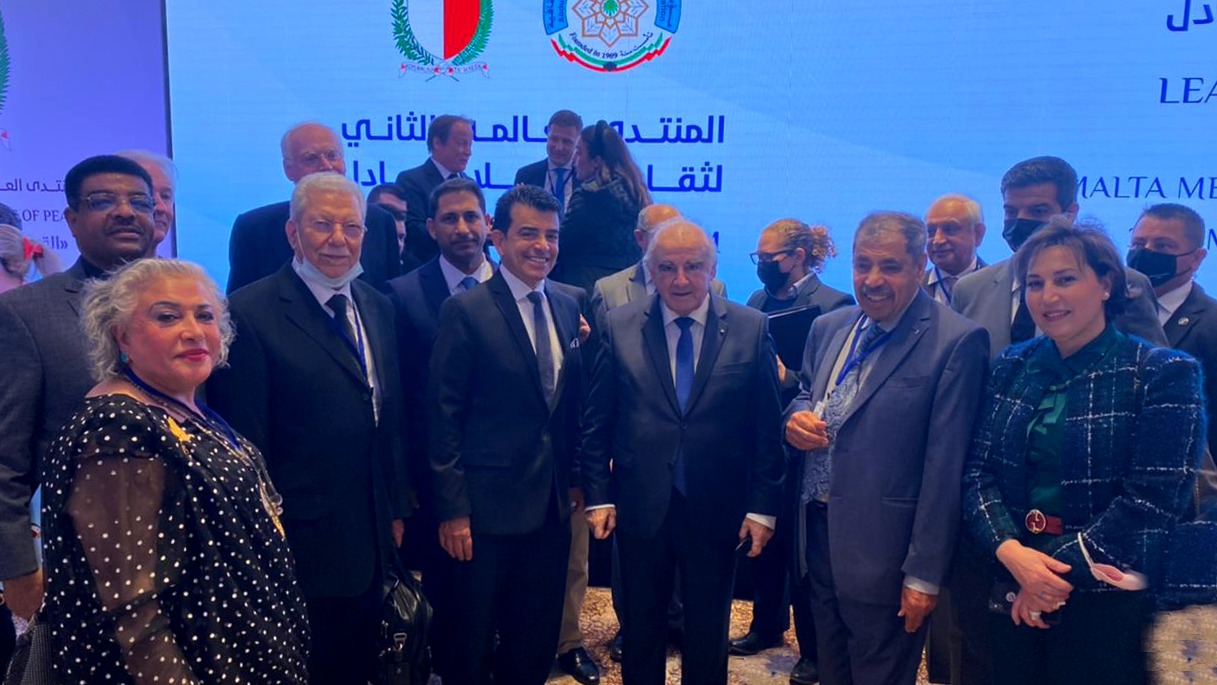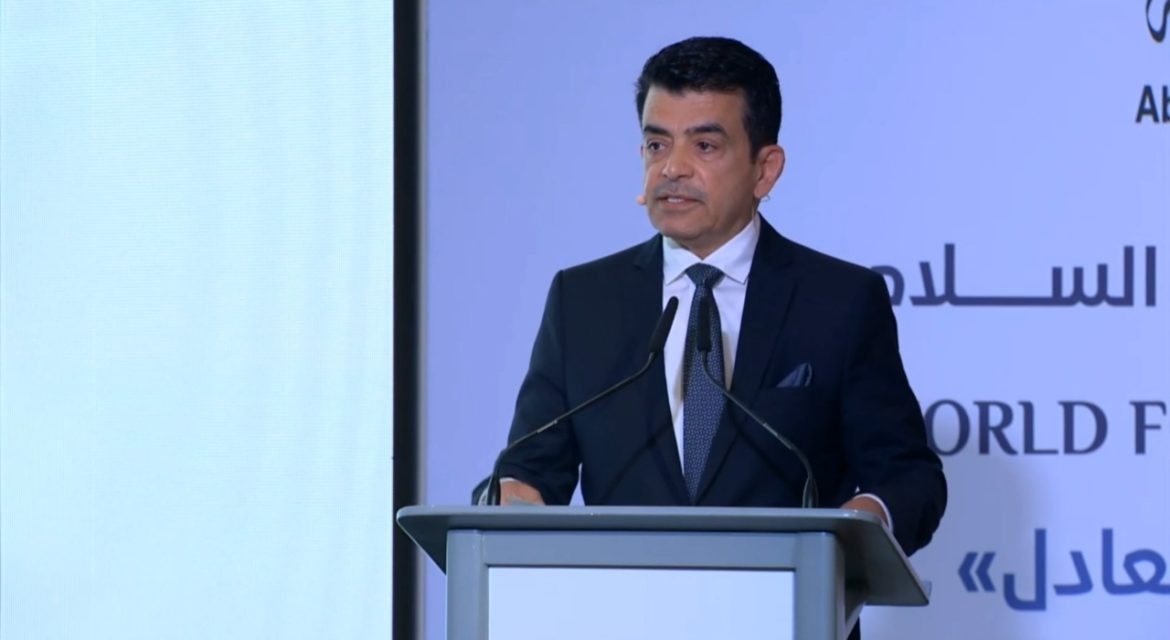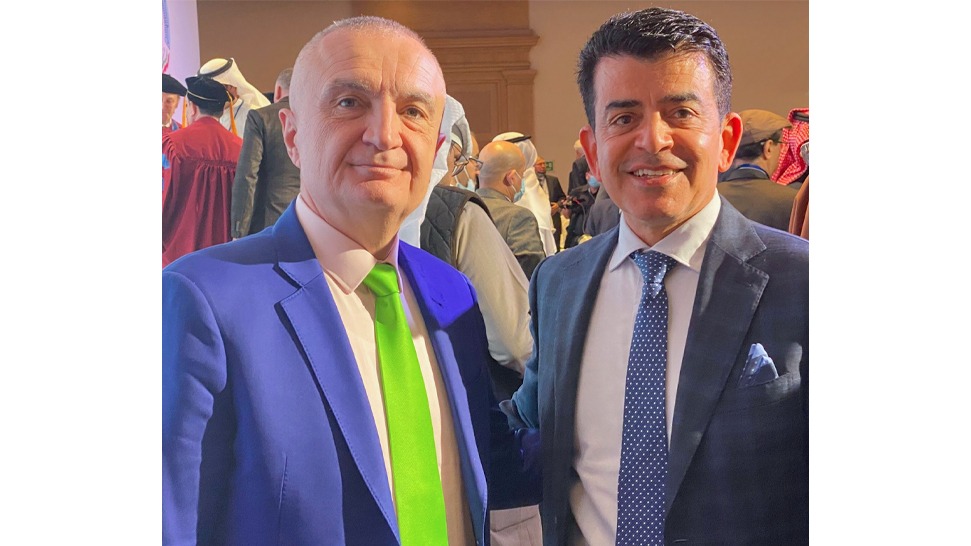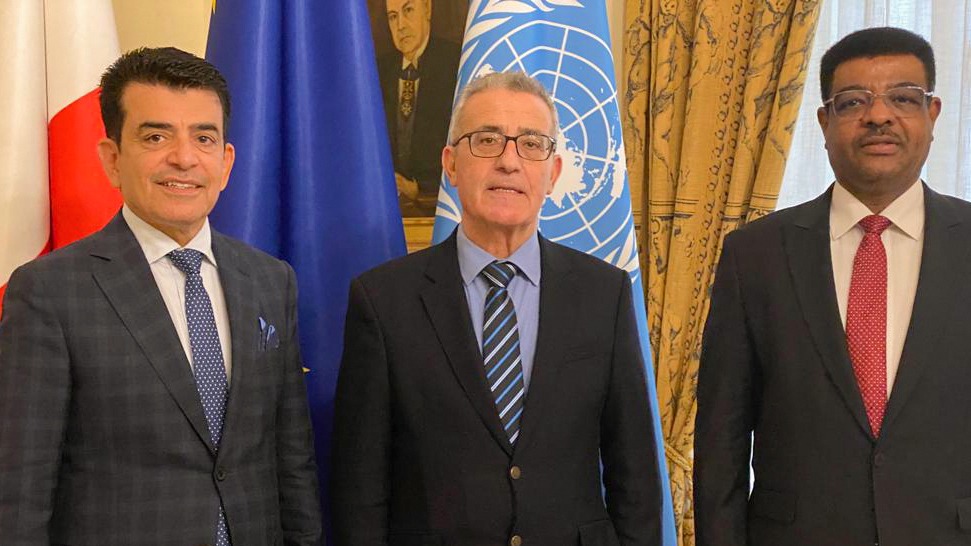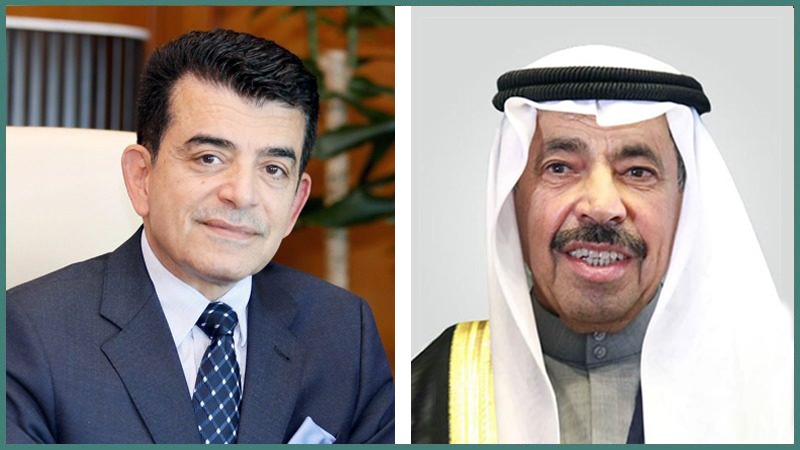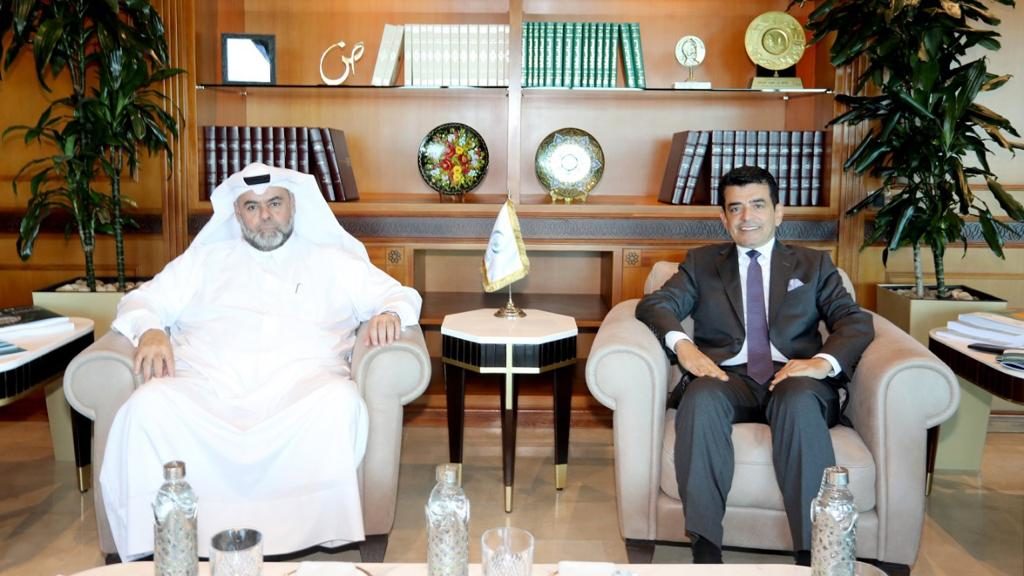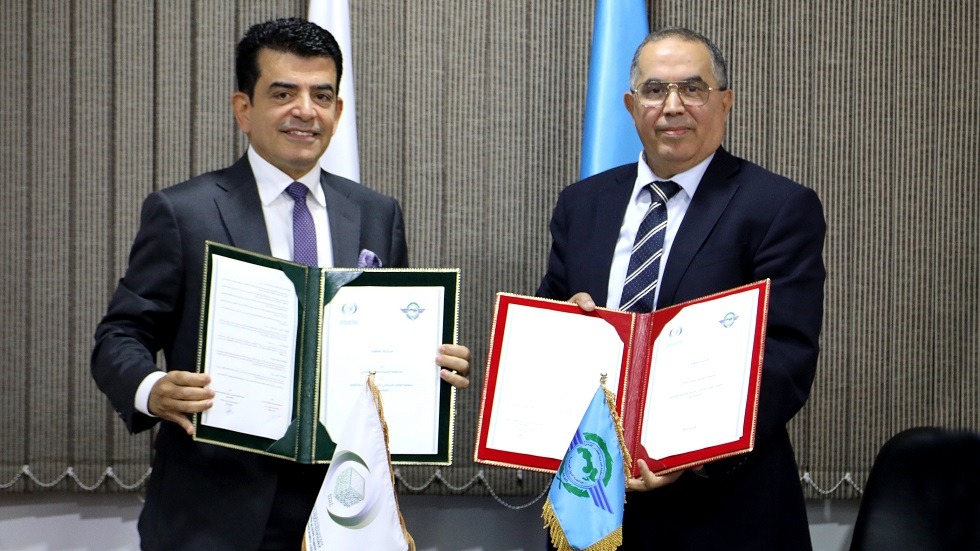The Strategic Foresight Center at the Islamic World Educational, Scientific and Cultural Organization (ICESCO) in partnership with the Konrad Adenauer Foundation, held a Round Table on Foresight, Design and Urban Planning, to raise awareness about the importance of foresight tools, stress their key role in the field of design and urban planning and help decision-makers to ensure a sustainable future for cities, as the percentage of the urban population around the world is expected to rise from 55% currently to 68% by 2050.
The round table launched at ICESCO Headquarters in Rabat on Wednesday, March 9, 2022, with the presence of Dr. Salim M. AlMalik, Director-General (DG) of ICESCO, and Mr. Abdellatif Nahli, Secretary-General of the Ministry of National Territorial Planning, Urban Development, Housing and Urban Policy, in the Kingdom of Morocco. The event saw the participation of several researchers, academics, engineers and experts in the field from inside and outside the Islamic world, in person and via videoconference. Participants discussed and shared the best practices in urban design and planning and they identified their current trends to monitor ways to benefit from them in the future.

At the opening session, Ms. Rim Jalloul from ICESCO Center for Strategic Foresight stressed that the importance of foresight in the field of urban planning stems from the fact that 55% of the world’s population lives in urban areas, and this percentage is expected to rise to 68% by 2050, making foresight a necessity to provide more opportunities to achieve urban sustainability.

In his speech, Mr. Abdellatif Al-Nahli, Secretary-General of the Ministry of National Territory Preparation, Urbanization, Housing and City Policy in the Kingdom of Morocco, commended ICESCO’s organization of this round table, stressing the need to publicize the importance of urban planning, exchange experiences in this field, value pioneering experiences and implement and evaluate development programs.
Mr. Nahli reviewed Morocco’s efforts in the field of planning, which are characterized by the development of a set of ambitious strategies in order to build a development model based on decentralization and good governance. This further highlights the need to adopt a forward-looking vision in the field of planning to win challenges, especially in light of the Covid 19 repercussions, which revealed the need to elaborate planning tools to counter risks and employ digitization techniques.

Following the opening session, Dr. Kais Hammami, Director of the Center for Strategic Foresight at ICESCO, delivered a presentation on the necessity of anticipating the future, with the participation of various key actors, referring to the Center’s objectives of supporting a culture of foresight and anticipation.

The first session touched upon a global view of the future of design and urban planning, and called for elaborating potential scenarios in urban design and planning, based on modern technologies, to build green and sustainable cities, in a world that is experiencing unprecedentedly rapid demographic and urban changes. The second session dealt with the best practices in the field of foresight, design and urban planning.


